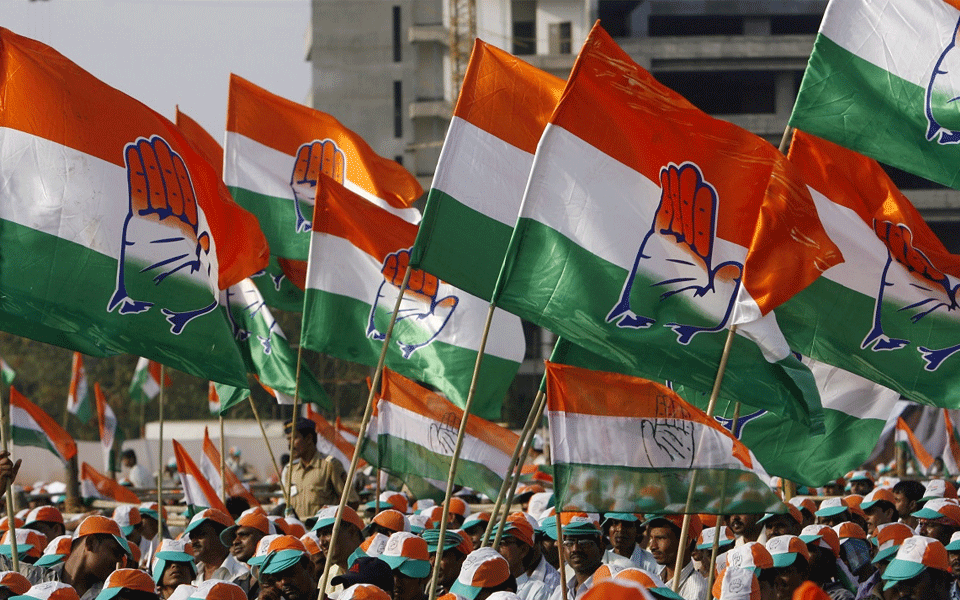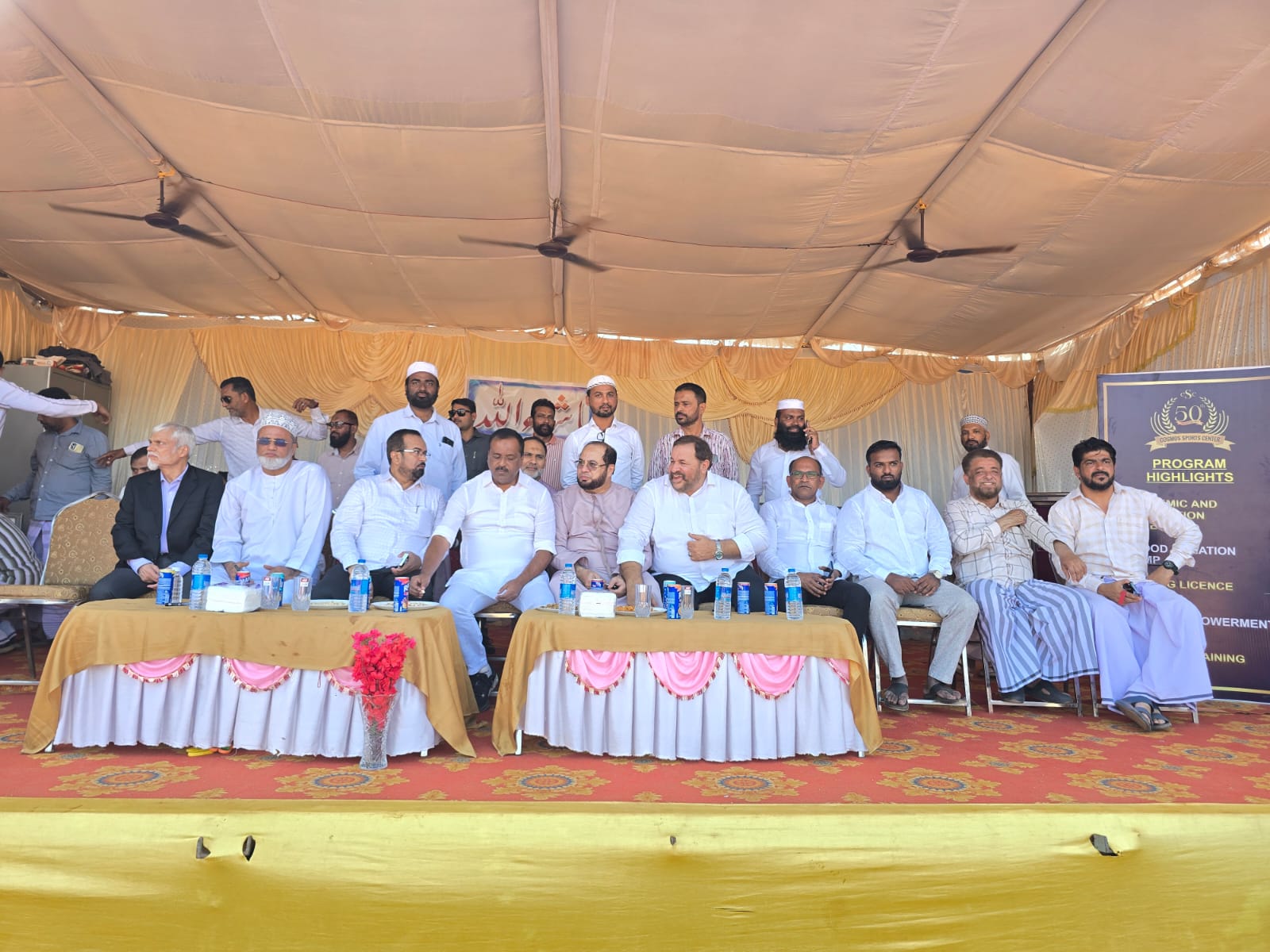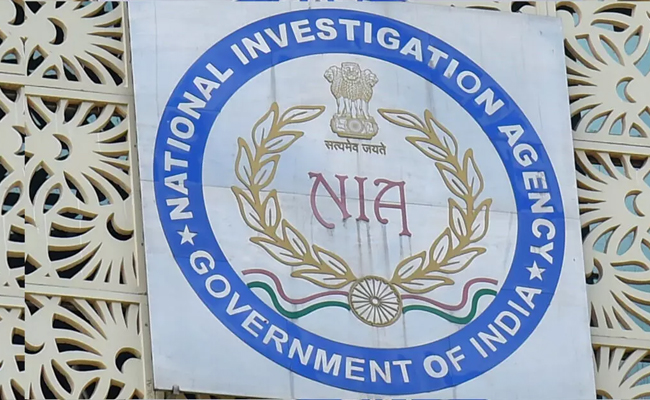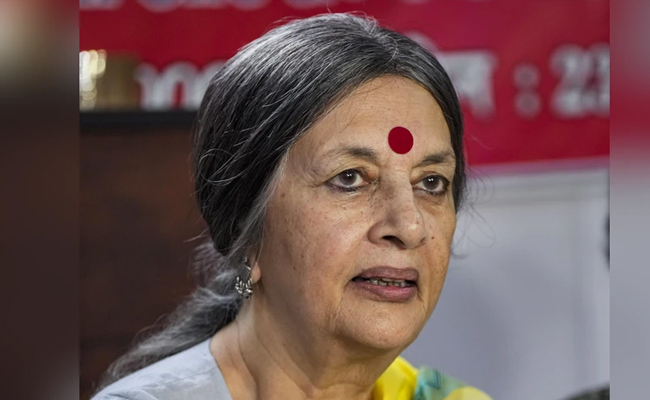Bengaluru, September 3: The results of much curious local bodies elections was announced on Monday and one of the ruling parties- Congress has gained upper hands with winning more seats. But in many places, there were hung results and political parties are competing with each other for the power.
Now, the Congress and BJP have to fight for getting power. Though the voters have not given clear mandate to any one political party, the BJP has strengthened its base in city municipal councils, while the Congress has got more seats in town panchayats. However, the JDS was pushed to the third place.
The elections were held for 2,732 wards in 105 local bodies including three city corporations in 22 districts. Among them, the Congress has won 982 wards, while BJP has got 929 wards, JDS in 375 wards, SDPI in 17 wards, BSP in13 wards, KPJP in 10 wards, SP in four, KRRS, New Indian Congress and WPI have got one seat each and 329 independent candidates have won.
City Municipal Councils
Out of 29 city municipal councils in the state, the Congress has got clear mandate in 10, BJP in 5 and JDS in three councils. Apart from this, 11 councils have no clear mandate to any one party.
Town panchayats
Out of 20 town panchayats, both the Congress and BJP have got clear majority in seven town panchayats each. JDS would get the power in two panchayats and four have hung councils.
Town municipal councils
Among 53 town municipal councils, Congress has got majority in 19, BJP in 12 and JDS in 8. However, no party has got majority in 14 councils.
City Corporations
Among Shivamogga, Mysuru and Tumkur city corporations, the BJP has got majority in Shivamogga city corporations, and remaining two have hung situation. Like coalition government at the state, there is all likelihood that both the city corporations may have coalition administration.
In total, the Congress has got power in 31 local bodies, BJP in 30 and JDS has got power in 13 places and 31 local bodies have in hung situation.
Among 135 city corporation seats, the Congress has won 36, BJP 54 and JDS 30 seats and independents have won in 15 wards. Out of 355 wards in town panchayats, Congress has got highest 138 seats, BJP 130, JDS 29 and others have got 58 seats. Out of 926 wards in city municipal councils, the BJP has got the highest 370 seats followed by Congress with 294 and JDS 106 and independents in 156 seats.
Among 1,247 town municipal council seats, the Congress has got 514 seats, while BJP has got 375 seats and JDS 210 seats, SDPI- 4, KRRS-1, WPI-1, SP-4 and 135 independents.
The JDS has maintained its hold in old Mysuru region like Hassan, Mandya, Mysuru and Tumkur. However, the BJP has maintained its influence in North Karnataka, Coastal region and Mangaluru. But the Congress has felt its presence in all places and got more seats than BJP and JDS.
Though the Congress has emerged the biggest party with more seats, it could get the power only in a few local bodies. In some local bodies, the Congress has registered zero account. Interestingly, the JDS has bagged more seats in the home district of Deputy Chief Minister Dr G. Parameshwar.
Unanimous election
The Election Commission has announced that total 30 candidates have elected unopposed in various districts. Of them, the Congress candidates were elected unanimously in 9 wards, BJP in three wards, JDS and BSP in one ward each and 16 independents were elected unopposed.
Seats tally
- Congress- 982
- BJP- 929
- JDS- 375
- Others- 376
Party strength
City Corporation: 135 wards
- Congress-36, BJP-54, JDS-30, others-15
Town Panchayat: 355 seats
- Congress- 138, BJP- 130, JDS-29 and others-58
City Municipal Council: 926 seats
- Congress- 294, BJP- 370, JDS-106, others- 156
Town municipal council: 1246 seats
- Congress- 514, BJP- 375, JDS-210, others-147
Not a referendum
“The result of the local bodies elections is not a referendum to the Lok Sabha election. This result will not have any impact on the forthcoming LS poll”.
- HD Deve Gowda, Former Prime Minister
Let the Truth be known. If you read VB and like VB, please be a VB Supporter and Help us deliver the Truth to one and all.
Mumbai (PTI): In view of Argentine superstar footballer Lionel Messi's visit to Mumbai on Sunday, the city police are implementing stringent security measures, like not allowing water bottles, metals, coins inside the stadiums and setting up watchtowers to keep an eye on the crowd, officials said.
The police also said taking extra care to avoid any stampede-like situation and to prevent recurrence of the chaotic situation that unfolded in Kolkata during Messi's visit on Saturday as thousands of fans protested inside the Salt Lake stadium here after failing to catch a clear glimpse of the football icon despite paying hefty sums for tickets.
Messi is expected to be present at the Cricket Club of India (Brabourne Stadium) in Mumbai on Sunday for a Padel GOAT Cup event followed by attending a celebrity football match. He is expected to proceed to the Wankhede Stadium for the GOAT India Tour main event around 5 pm.
"In view of Lionel Messi's visit to Mumbai, the police are geared up and have put in place a high level of security arrangements in and around the stadiums located in south Mumbai. Considering the chaos that prevailed in Kolkata and the security breach, we have deployed World Cup-level security arrangements at Brabourne and Wankhede stadiums," an official said.
Expecting heavy crowd near the stadiums during Messi's visit, the city police force has deployed more than 2,000 of its personnel near and around both the venues, he said.
As the Mumbai police have the experience of security 'bandobast' during the victory parade of ICC World Cup-winning Indian team and World Cup final match at the Wankhede Stadium, in which over one lakh cricket fans had gathered, we are prepared to handle a large crowd of fans, he said.
"We are trying to avoid the errors that occurred in the past," the official said.
There is no place to sneak inside the stadiums in Mumbai like the Kolkata stadium, according to him.
The police are also asking the organisers to provide all the required facilities to the fans inside the stadium, so that there will be no chaos, he said, adding the spectators have purchased tickets in the range of Rs 5,000 to 25,000. After paying so much of amount, any spectator expects proper services, while enjoying the event, he said.
The police are expecting 33,000 spectators at the Wankhede Stadium and over 4,000 at Brabourne Stadium. Besides this, more than 30,000 people are expected outside and around the stadiums just to have a glimpse of the football sensation, he said.
The organisers responsible for Messi's India visit recently came to Mumbai to discuss security arrangements. During the meeting, the Mumbai police asked them not to take the event lightly, according to the official.
After those requirements were fulfilled, the final security deployment was chalked out, he said.
Police has the standard procedure of the security arrangements inside the Wankhede Stadium, where people are barred from taking water bottles, metals objects, coins. Police are setting up watch towers near the stadiums and there will be traffic diversions, so that there is maximum space available to stand, according to the official.
Police are also appealing to the spectators to use public transport service for commuting and avoid personal vehicles to reach south Mumbai.
To avoid any stampede-like situation, police are also taking precautionary measures and will stop the fans some distance ahead of the stadium and public announcement systems will be used to guide the crowd. Barricades will be placed at various places to manage the crowd.
In case the crowd swells up beyond expectation, the police will divert people to other grounds and preparations in this regard underway, he said.
Additional police force has been deployed in south Mumbai to tackle any kind of situation, he said.





